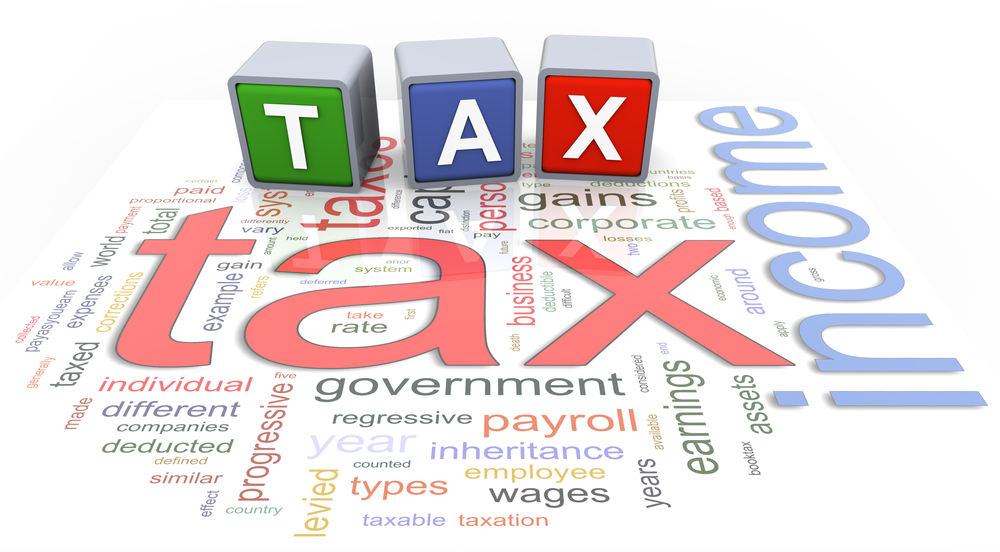If you plan to build long-term assets and get tax benefits, then Section 80C of the Income Tax Act is the right choice. This section provides an avenue to save through investments in eligible long-term instruments and retiral funds. And you can claim a deduction of up to a maximum amount of Rs 1.5 lakh. This would mean a saving in the range of Rs 31,200 to Rs 64,116 depending on your tax bracket and the level of surcharge applicable.
The most popular options under 80C are:
Long-Term Investments
Employee Provident Fund (EPF), allows a salaried individual to diversify a part of the earnings for an attractive interest rate of 8.5 per cent. This is tax-exempt up to certain limits.
Public Provident Fund (PPF) known for its Exempt-Exempt-Exempt (EEE) model can be claimed as a deduction on the year of investment along with the proceeds, like the interest earned and total money received at the time of maturity. The current interest rate is 7.1 per cent.
Sukanya Samriddhi Account (SSA) is meant for higher education or the marriage of a girl child. It matures as the girl turns 21 and yields an interest of 7.6 per cent per annum.
Life insurance premiums paid for self, spouse, and dependent children offer tax benefits. If the premium payment is less than 10 per cent of the sum assured, then the deduction can be easily claimed.
National Pension Scheme (NPS) Tier 1 can be claimed as a deduction. Investment in NPS can be contributed through employer or self.
Medium-Term Investments
Five-year fixed deposits are eligible for deduction under Section 80C. Equity-linked savings schemes, although has the risk of market fluctuations, provide higher growth and offers tax benefits if held for a minimum of three years.
Expenditure
Tuition fees paid towards the education of two children can be claimed. Principal repayment on a home loan attracts a deduction under Section 80C if you, hold on to it. However, if sold within five years, the deduction claimed will be added back to your income during the year of sale.
Keep In Mind
Mandatory deductions: Salaried individuals enjoy such deductions through their payrolls like PF or NPS.
Underlying conditions: Look at the objective of investment. For example, in SSA, the investment has to be made in the name of a girl child, or for principal repayment, the house should not be sold within five years from the date of possession.
Lock-in period: Assessing the requirement of funds would help you in determining if a long-term investment like PPF or NPS is better than short-term FDs.
Rate of return: Be aware of the rate of return, insurance coverage, or the tax implications to optimise these benefits.
Risk factor: If you are seeking assured returns, opt for PPF rather than NPS, which is a Net Asset Value (NAV)-based scheme.
The investments made in the name of immediate family members like spouse and kids also attract deduction under Section 80C.
Claim Tax Relief
Provide investment proof to the employer within the prescribed time so that Tax-Deducted at Source (TDS) is made after the appropriate deductions. You can also claim the deduction in the tax return. However, this may attract an inquiry as there would be a mismatch with Form 16 provided by the employer.
If you are claiming a deduction on your investment from April 2020 to July 2020 during the financial year 2019-20, report it in your tax return under schedule DI of the income-tax return form, and remember the same cannot be claimed again during 2020-21.
However, if you plan to pay taxes under the simplified tax regime, you cannot claim any deduction under this section.
(With inputs from Rohini Suresh)
The author is Partner, Deloitte India
DISCLAIMER: Views expressed are the author’s own, and Outlook Money does not necessarily subscribe to them. Outlook Money shall not be responsible for any damage caused to any person/organisation, directly or indirectly.













